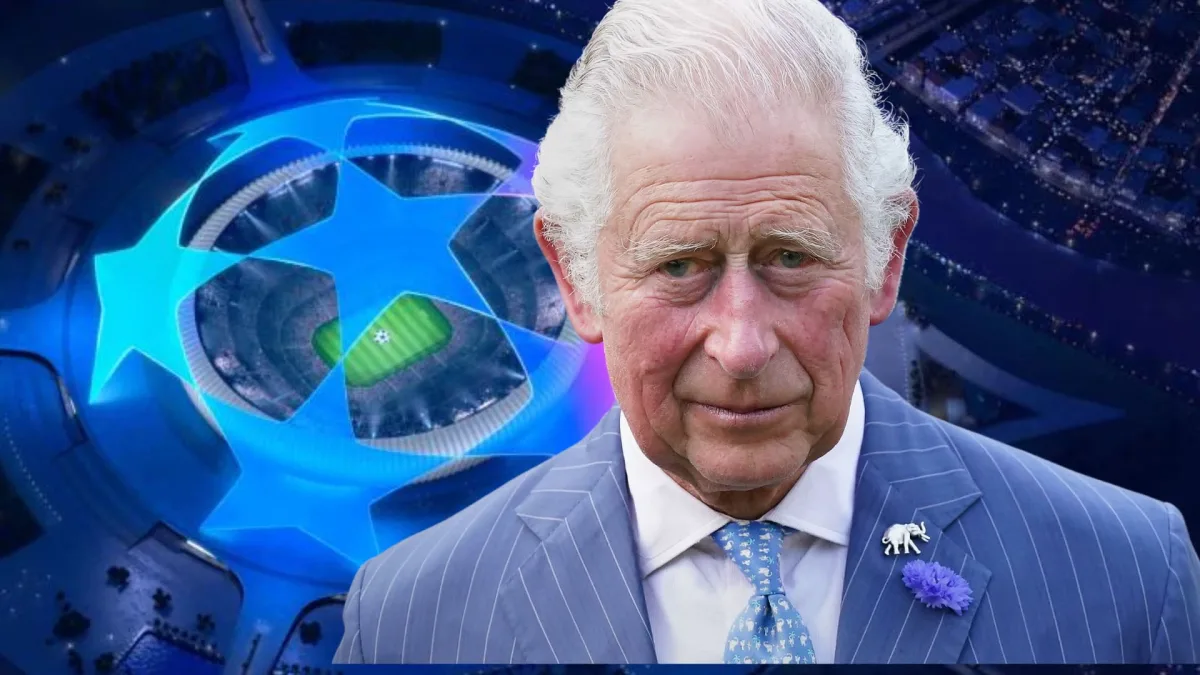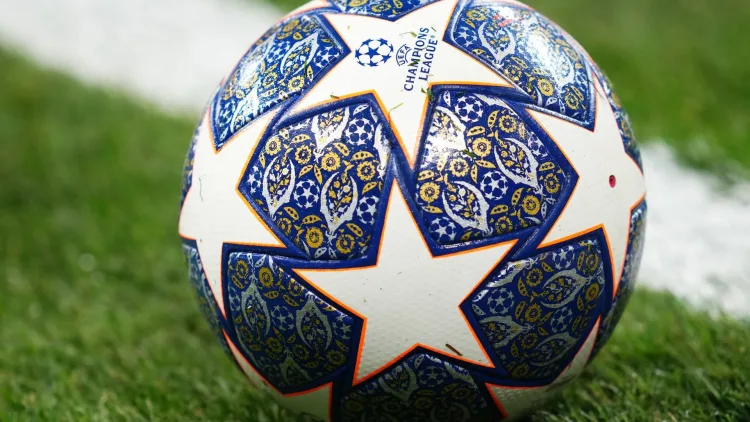- 21 hours ago
Why are they playing the Champions League anthem at the coronation?

The coronation of King Charles III will take place on Saturday and will be graced by a refrain familiar to football supporters all over the world, with the Champions League anthem to be played at the ceremony.
Zadok the Priest, composed by Handel, has become synonymous with football’s greatest club competition, with the likes of Lionel Messi, Cristiano Ronaldo, Erling Haaland and Kylian Mbappe having grown used to hearing the song while lining up before their biggest matches of the season.
For football supporters, it is a piece of music that sends shivers up the spine, blasted out pre-game at some of the greatest venues in the sport.
So why is being used at the coronation?
Zadok the Priest and the Champions League anthem
Zadok the Priest was not created for the Champions League but was instead composed by George Frideric Handel for the coronation of King George II in 1727 – nearly 300 years before UEFA put together their transformative idea for the European Cup, which the piece of music has become so bound to.
It has since become a traditional piece of music played at the coronation of British kings and queens, and hence will be played for King Charles III.
In fact, the Champions League music is not quite the same as the version that is played at the coronation. Instead, it was rearranged by Tony Britten in 1992 and used as the basis for the Champions League Anthem.

While the football version of the music refers to “the champions” and is based around “the main event”, the lyrics for the Handel version of Zadok the Priest are drawn from the bible, specifically 1 Kins 1:34-45:
And all the people rejoiced and said:
God save the King! Long live the King! God save the King!
May the King live for ever. Amen. Hallelujah
This is also the passage that the words for ‘God Save the King’ are drawn from.
So while it’s not quite the Champions League anthem that is heard at the coronation of King Charles III, Zadok the Priest is that the iconic piece of music it derives from.



















